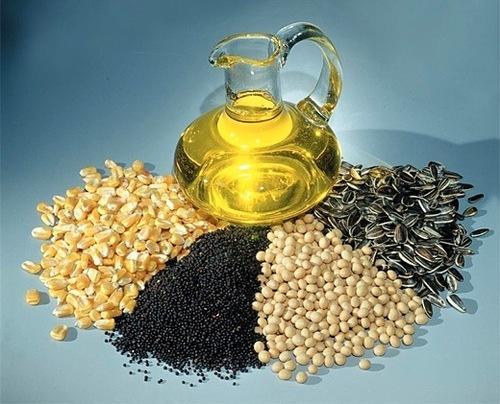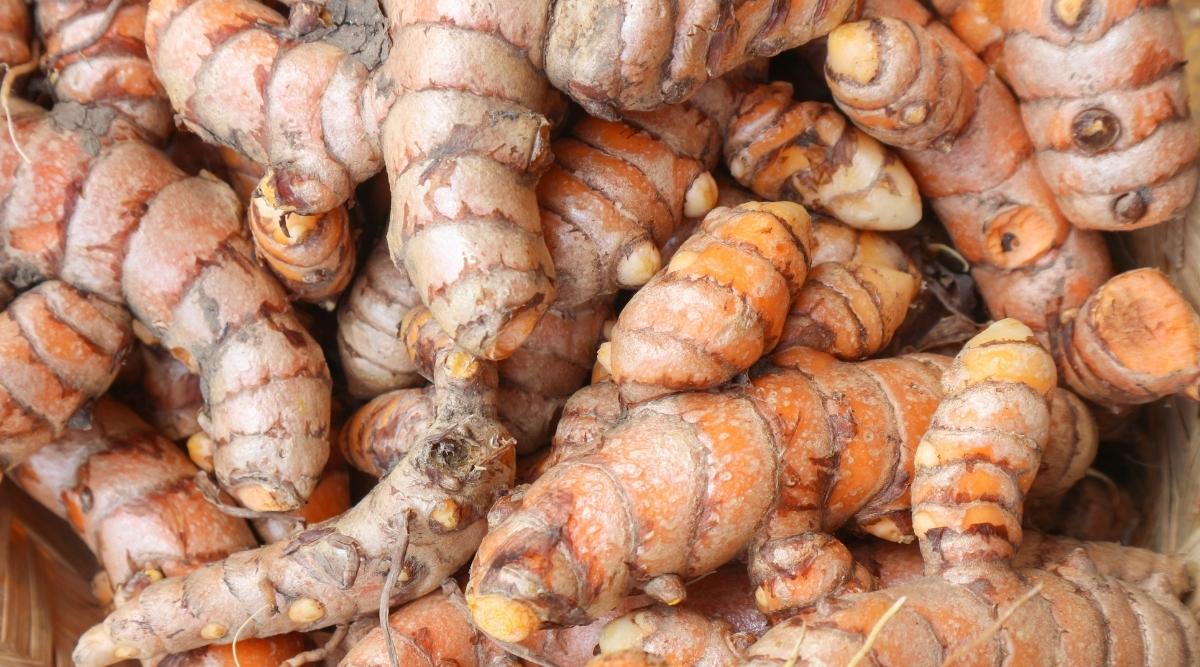The food ministry said on Sunday that while the prices of atta (flour) were steady over the last week, the retail and wholesale prices of wheat and rice had decreased. According to the ministry, “wheat and rice prices have increased more or less in line with the increase in the minimum support price over the last two years, while prices were relatively lower in 2021 and 2022 due to the sale of about 8 million tonnes (mt) of foodgrains through the open market sale scheme (OMSS) to contain prices.
“The modal retail price of rice, wheat, and flour (atta) on Saturday increased to Rs 40/kg, Rs 27kg, and Rs 35/kg, respectively, from Rs 36/kg, Rs 25/kg, and Rs 33/kg that was in effect a month earlier, according to statistics from the department of consumer affairs’ price monitoring cell. The Food Corporation of India (FCI) earlier decided to stop selling wheat under the OMSS for the bulk buyers this year, which traders say could negatively impact domestic supplies by December. Around 7 mt of wheat was sold by FCI under the OMSS program in 2021–2022 to purchasers like food firms and flour millers.
The statement reads, “Government having not participated in the market through OMSS so far due to the exceptional geo-political situation, procurement remained a touch on the lower side.” The amount of wheat acquired by the FCI and state government agencies during the rabi marketing season (April to June) for 2022–23 decreased by more than 56.6% to only 18.78 mt compared to the 43.34 mt purchased from farmers the previous year. It was said that the government is frequently and weekly monitoring the price scenario and is fully aware of it.
In August 2022, wheat inflation was 15.72%. Last month, the government outlawed the export of broken and raw (white) rice, and in May 2022, restrictions on wheat exports were put in place. The National Food Security Act’s (NFSA) need is met, other welfare programs and additional requirements of PMGKAY are accessible in the central pool, and prices are still under control, according to a statement from the food ministry. Pandey asserted that the nation now has enough wheat inventories and that the government would take efforts to prevent hoarding. Speculative trading is to blame, he claimed, for the present price increase.

